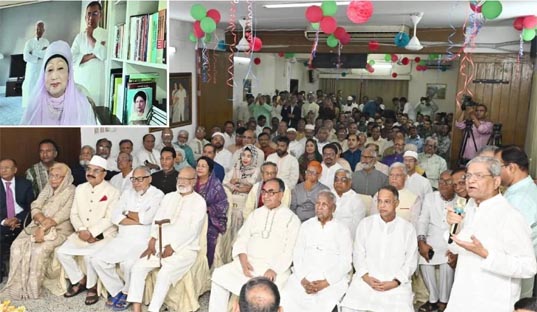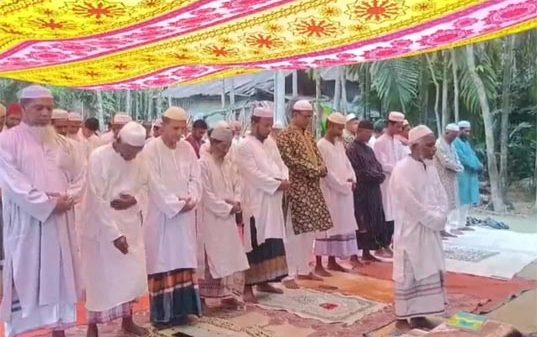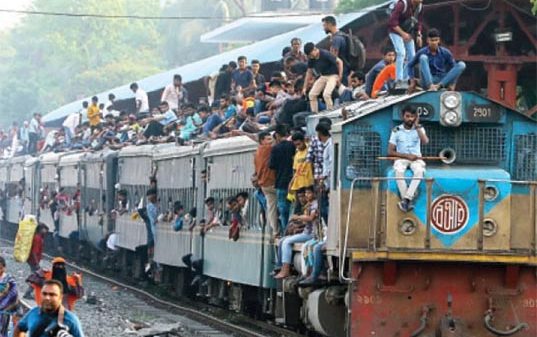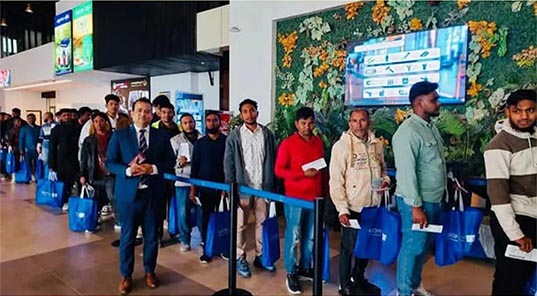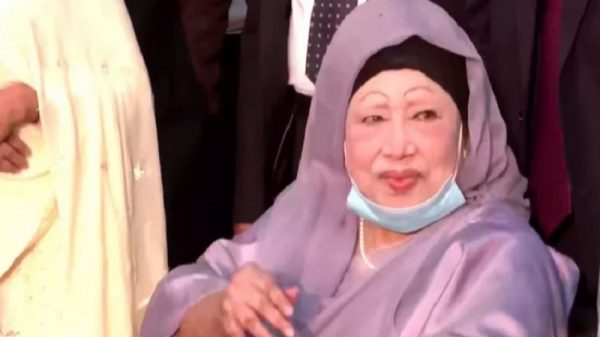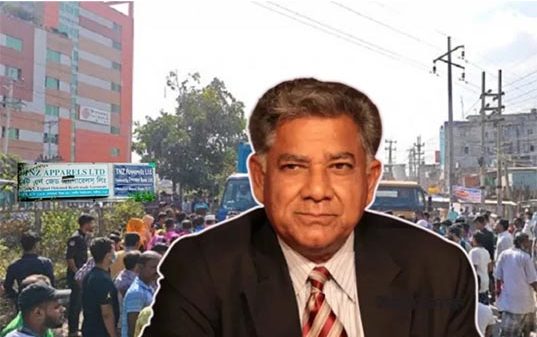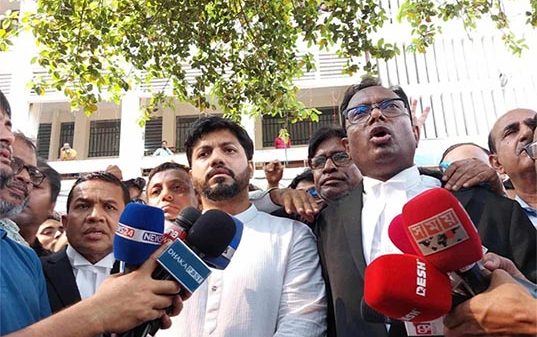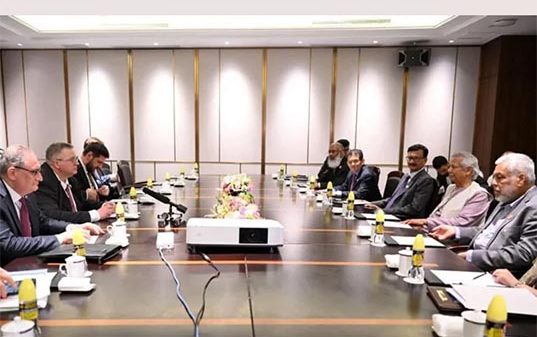Beyond the numbers : 55% children suffer trauma, 37% avoid school

- Update Time : Monday, 9 December, 2024, 08:10 pm
- 41 Time View
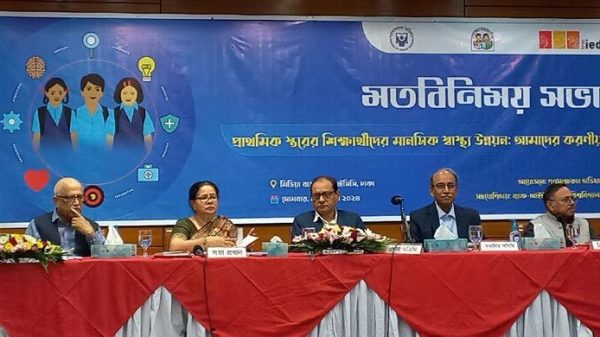
Online Desk : Over 55% of primary school children in Bangladesh are battling mental trauma, and more than 36% have lost interest in their studies as political violence, natural calamities, and the aftermath of Covid-19 have left a far-reaching impact on the youngest generation. The groundbreaking information came in a joint study by the Campaign for Popular Education (CAMPE) and BRAC Education Development Institute. The findings, presented at a discussion titled “Developing the Mental Health of Primary School Students: What We Can Do” held at the Bangabandhu International Conference Center in Dhaka on Monday (December 9), reveal that the average attendance in primary schools has dropped by 36.9% due to these challenges.
Key findings of the study : The study, conducted across eight divisions and involving 203 organizations, collected data through focus group discussions, surveys, and national-level meetings. The results highlight the mental and behavioral impacts of social, political, and environmental unrest on children: 45.8% suffer from mental instability or trauma. 23.2% feel terrified, while 19.7% report feelings of insecurity. 19.2% are inattentive in studies, and 15.3% display unruly behavior. 13.8% are addicted to devices, while 6.9% experience fearfulness. Exposure to negative content on social media exacerbates their mental distress. Natural disasters, such as floods, have caused absenteeism, loneliness, and health issues among children.
Recommendations by CAMPE : To address these pressing issues, the Mass Literacy Campaign proposed several recommendations: Implement the Child Protection Act 2013 to safeguard children’s rights. Include mental health in teacher training curricula and equip teachers with skills to identify and address students’ mental health problems. Introduce trauma counseling programs in schools and ensure sufficient resources for mental health care. Open school playgrounds for sports and extracurricular activities to enhance children’s emotional well-being. Allocate a dedicated budget for mental health initiatives in education.
Insights from education experts : Dr Bidhan Ranjan Roy Poddar, Primary and Mass Education Adviser, emphasised the need for societal change alongside counseling. He announced plans to inaugurate 10 newly designed schools focused on fostering mental well-being. “Improving a child’s mental health requires both societal transformation and tailored educational spaces,” he said. Rasheda K Chowdhury, Executive Director of CAMPE, highlighted the importance of collaboration: “To ensure children’s education, we must prioritize their mental health. The government and stakeholders must work together.” Additionally, education expert Kazi Faruk Ahmed urged training for parents, particularly mothers, who play a significant role in their children’s education.
Way forward : The government and stakeholders pledged to prioritize the mental health of children while addressing broader societal and educational challenges. The study serves as a wake-up call to invest in comprehensive support systems for Bangladesh’s youngest generation. The discussion was addressed by notable experts, including Dr. Muhammad Musa, Senior Advisor at BRAC Education Institute; Dr. Ahmed Mushtaq Raja Chowdhury, Convener of Education Watch; and Tapan Kumar Das, Deputy Director of CAMPE. As Bangladesh battles the lingering effects of crises, ensuring the mental health and education of its children is critical for securing a brighter future.


